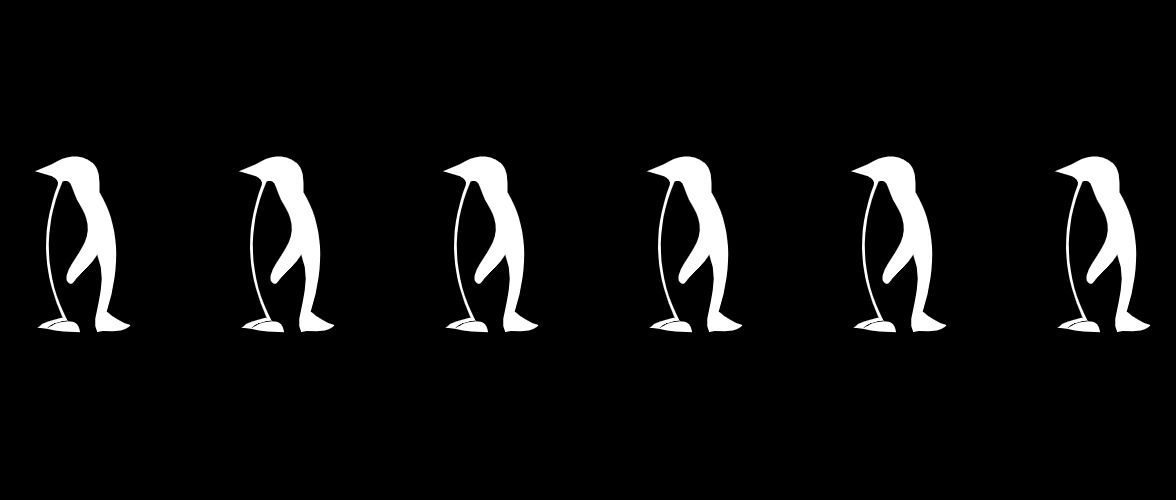The big beat bug bites bluesman Peter
The big beat rock’n’roll bug is biting everywhere.
Think of the most unlikely place for it to bite. No, not Des O’Connor. Not even warm. Think of a dedicated musician NOT in the rock’n’roll field who has spent a long long time building up a reputation as a blues guitarist… you got it, baby — Peter Green.
If you go and see Peter Green’s Fleetwood Mac and you hear “Jenny Jenny” or “Keep A Knockin’,” don’t run away and grab your bicycle chain to hit them with. Stay and listen and you’ll hear Peter and the boys play some pure blues numbers. Then the similarity between the two kinds of music will be apparent to you — and you’ll be able to see how the early primitive rock’n’roll developed from the blues. And remember that the Sun studios (who first recorded Elvis, Jerry Lee, Carl Perkins, Johnny Cash and Roy Orbison) were recording blues artistes — some of the best — many years before the rock’n’roll craze started.
NO NEGLECT
“I’ve always liked rock,” confessed Peter to me, while he was sipping a glass of Mackeson. “And it’s a pity in a way that everyone is going on about the rock thing because it seems as though we’re just being ‘in’. Actually I’ve always wanted to do this kind of thing on stage — but it doesn’t mean we’ll be neglecting the blues.
“We’re still doing the same kind of numbers as we always did — but I’m playing more to the audiences nowadays. For instance — when we started we used to play to please ourselves, and didn’t bother too much about the audience. Now — I play numbers that are requested —like ‘Going Down Slow’ for instance which they like be cause of the guitar sounds we can get into it. Funny about guitar playing — the people in the audience think you’re great if you play fast, but that just isn’t so. Now I only play fast when I want to, which isn’t THAT often.”
On stage — if you’ve never seen the Fleetwood Mac — they wear no stage clothes, amble on stage, and tune up before the audience. A necessary part of the “white blues” stage ritual perhaps, but effective. It makes them seem dedicated. And when the group starts playing the audience really get into the music.
Peter talked about his new LP out on the CBS label Blue Horizon. “It really represents what we first started doing when the group was together. I think that ultimately we will think all the time in LP’s, but of course I’d like a hit single.”
I told Peter that I thought it was difficult for a British studio to get the “hard” sound that blues studios in America get — take Howlin’ Wolf or Elmore James records for instance.
“Yes, that’s true,” admitted Peter. “I asked our producer Mike Vernon if we could do a ‘live’ LP but he said no. I’ve always wanted to play straight through the LP — no stopping for mixing and reductions etc. On a new LP we’ve just recorded with Eddie Boyd we’ve done almost just that. It’s all recorded in mono but it is played just how I wanted it to be. I’m very excited with it. Our own LP I’m not fully satisfied with, but I don’t think I’d ever be satisfied with our records — it’s already sold quite well so I’m keeping my fingers crossed.
EFFECTIVE
“Talking about studios I was talking to Marshall Chess who was over here and he said that if we were ever in America we could use his Chess studios. I’d love to take him up on that offer.
“Some of the tracks on our LP are very exciting — ‘Shake Your Moneymaker’ for instance and I think that the echo effect and the dropped voice used on ‘I Loved Another Woman’ is very effective.”
Norman Jopling / Record Mirror / March 9, 1968

